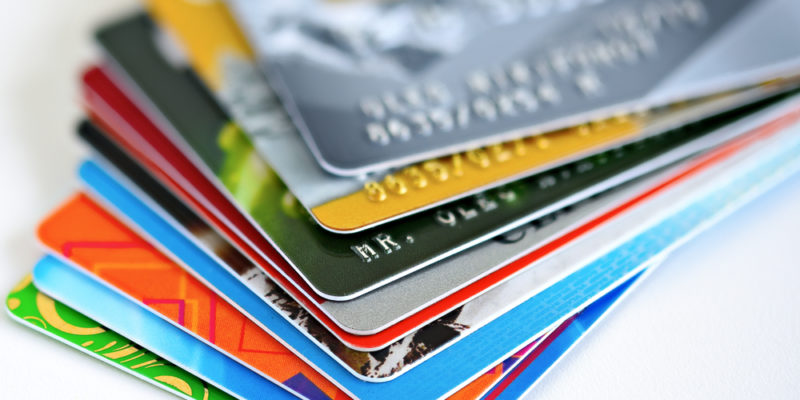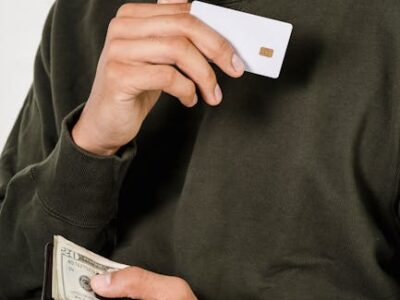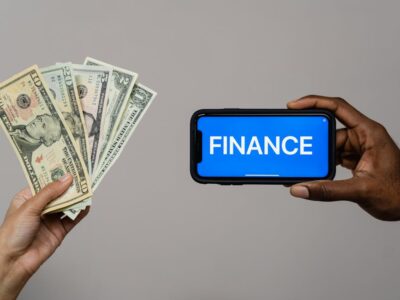Believe it or not, neither the amount of cash you earn nor how much you have in the bank or in your wallet has an effect on your credit rating.
Credit rating models, like FICO and VantageScore, don’t consider your income or other health-related metrics. This means you have the possibility to earn fantastic credit history whether you make countless dollars per year or you earn the base pay.
However although earnings and wealth metrics aren’t factored into your credit report, an absence of savings can still hurt your credit, albeit indirectly. For example, if you don’t have an emergency fund, you’re putting your financial and credit health at threat.
Emergencies are, by meaning, urgent. If you don’t have loan set aside to cover unforeseen, immediate costs, you’ll probably have to obtain the cash to cover them. Depending upon the urgency of your situation, you might even feel required to use a funding alternative that could harm your credit or expense you a lot of cash in the long run.
Here are a couple of common ways people cover urgent expenditures when they don’t have an emergency fund.
Option # 1: Utilizing a Charge Card
Utilizing a credit card to cover an emergency situation expenditure is easy, if you have enough offered credit on your account. Nevertheless, simple isn’t associated with good.
When you utilize a charge card to cover a large cost, like vehicle repair costs, it can turn into an expensive mistake. Rates of interest on charge card accounts are infamously high, typically in the high teenagers or higher. If you charge more on your credit card than you can manage to settle in a month, those high-interest fees will pile up quickly.
For example, say you make a $5,000 charge on your charge card with a 20% APR however you can just pay for to pay $100 monthly on the financial obligation. If you keep paying only $100 per month, it would take you 9 years and one month to settle that cost. During that time, you would pay an extra $5,840 in interest costs –– more than double the initial expense, and a cost that could have been avoided completely if you had an emergency situation fund.
To make matters worse, that $5,000 in new charge card financial obligation may harm your credit rating even if you make every payment on time. Why? Since credit history models take notice of the relationship between your credit card limits and your charge card balances. When your credit reports show that you’re using a high percentage of your available credit limits, your scores will likely suffer.
Option # 2: Getting a Loan
If you have good credit, getting an individual loan from your bank to cover an emergency situation expenditure may not be such a bad concept. With excellent credit, you might have the ability to obtain an affordable rate of interest and budget-friendly month-to-month payments.
Nevertheless, when you have credit issues, getting a quick loan at a low rate of interest may not be possible. In desperation, many individuals feel forced to turn to high-rate loans from online lenders. Even even worse, some people will rely on payday lenders, title lender, and other short-term, asset-based financing alternatives. The annualized rate of interest on these types of loans can reach as high as a number of hundred percent, and a few of them are even outlawed in certain states.
It’s simple to get in over your head financially when you take out high-interest loans. Before you understand it, you might have trouble staying up to date with your payments, and a downward credit rating spiral could begin.
Start Your Emergency Fund
Consider the recent partial government shutdown that postponed one or 2 incomes for some federal government workers. There was a genuine possibility that, if the shutdown went on for numerous more months, individuals could have defaulted on a vehicle loan, charge card costs, and even home mortgages. The requirement for an emergency situation fund is genuine and real.
Now believe about what would occur if you lost your task or your hours were cut back. For how long could you make your payments?
Building an emergency situation fund does not simply protect you economically; it’s likewise a smart method to safeguard your credit. All it takes is reserving some cash every week or monthly– even simply $5 or $10 a week is a start– into a high-interest cost savings account. Make the transfer automatic, so you don’t forget and you do not miss it. (Here’s a step-by-step guide to help you get going constructing a healthy emergency situation fund of your own.)
Even if you do not feel like you can manage to conserve cash aggressively today, make the decision to start with small amounts. When it comes to conserving loan, something is always better than nothing –– no matter how small.














Comments